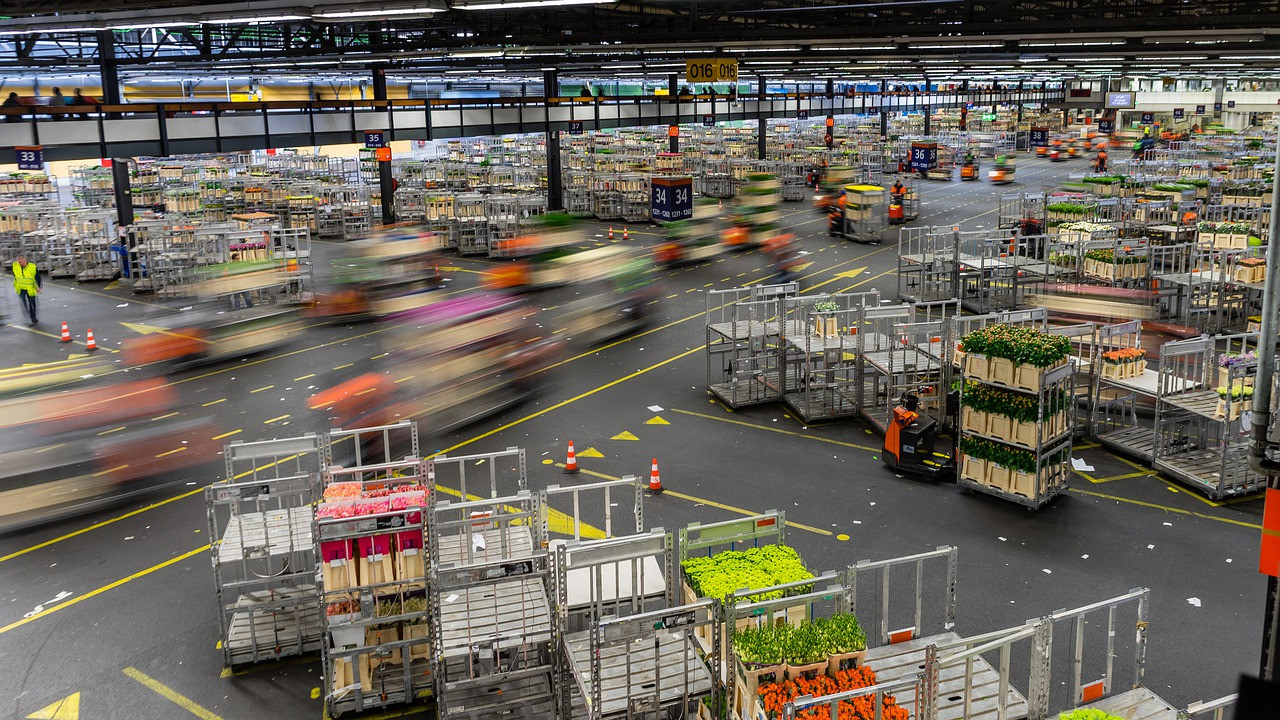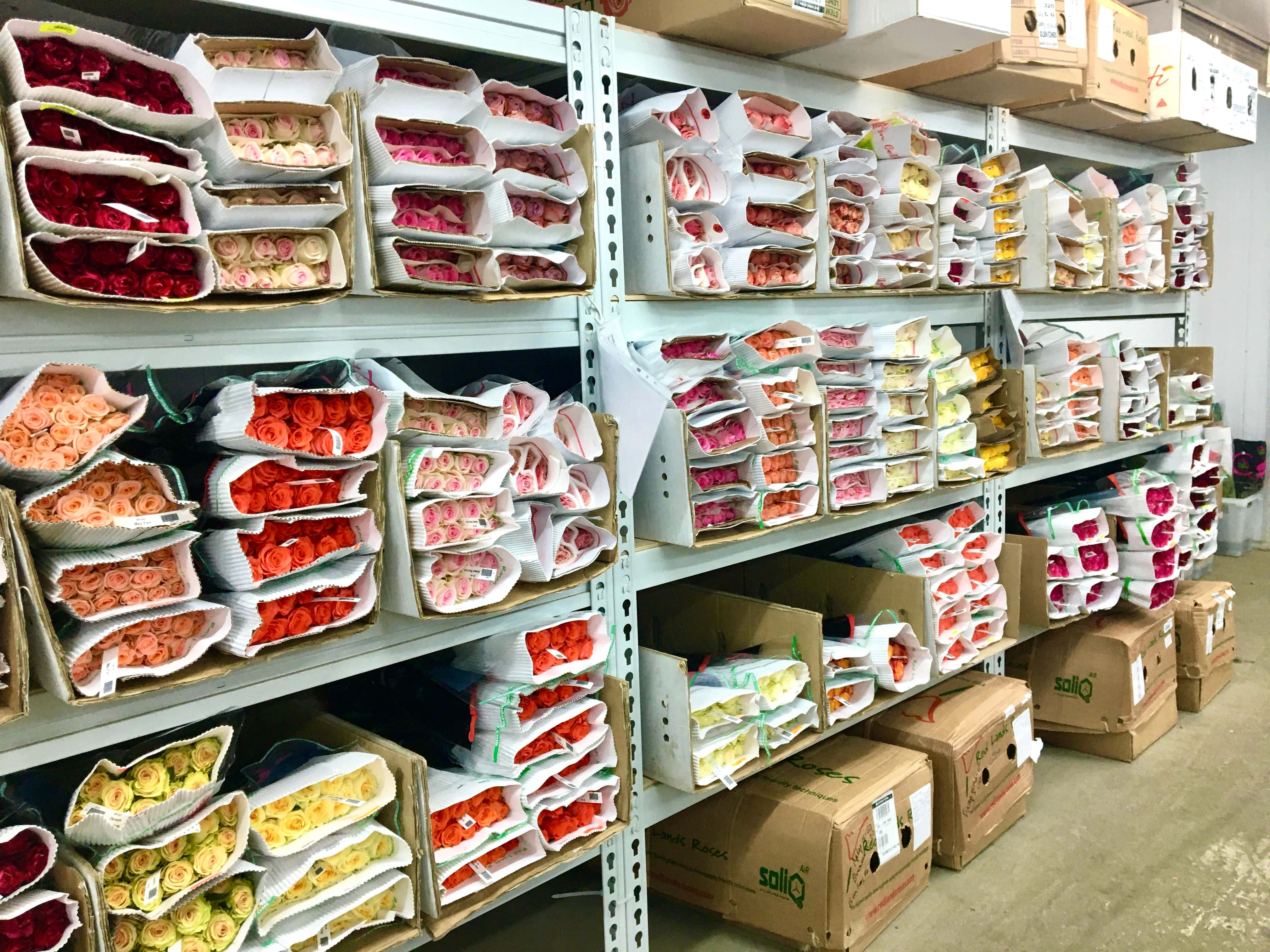FTD Files for Bankruptcy Protection, Puts Businesses Up for Sale
04-06-2019
Updated June 3, 2019 4:28 p.m. ET
Flower-delivery provider FTD Cos. filed for chapter 11 bankruptcy protection Monday with plans to sell its businesses to pay off an overload of debt it took on to buy former rival ProFlowers in 2014.
Business will continue as usual with the aid of a $94.5 million bankruptcy loan, as FTD invites bids in an effort to pay off more than $200 million of bills, court papers say.
FTD’s plunge into financial trouble after more than 100 years in business was in part the familiar story of a company unable to keep pace with changing consumer demands in a retail environment supercharged by companies like Amazon.com Inc., according to a court filing from FTD Chief Executive Scott Levin.
In part, the company’s woes can be traced to a failure to invest in the technology it needed to compete online, Mr. Levin said.
The floral industry has struggled to adjust to changing expectations as more people shop online, said Tim Huckabee, president of FloralStrategies LLC, a floral-industry consulting firm.
Companies like FTD, 1-800-Flowers.com Inc. and Teleflora, which said Monday it had purchased Interflora UK from FTD for $59.5 million, “are the Chevys, the Fords, the Chryslers of the industry,” Mr. Huckabee said. “The industry as a whole is still archaic in its thinking…they’re operating on many levels as if it’s the 20th century.”
Consumers accustomed to shopping at Amazon expect speedy service and transparency around delivery fees. With some big online floral providers, “You choose a $50 arrangement, by the time the various fees are added, it’s something like $70,” Mr. Huckabee said.
Thousands of flowers from FTD in bright hues helped color a Kate Spade presentation during New York Fashion Week in September 2015. PHOTO: JASON DECROW/ASSOCIATED PRESS
FTD and other delivery companies are also facing increased competition from on-demand startups like The Bouqs Co. and UrbanStems Inc., which offer same-day delivery and source directly from farmers. Those startups tend to appeal more to younger shoppers and are more transparent about fees, Mr. Huckabee said.
FTD’s failure to stay abreast of changing times was a turnabout for a company that got its start in 1910 when an alliance of florists seized on the technology of the time—the telegraph. To defeat the logistical challenge of trying to deliver a perishable commodity across long distances, they traded orders among themselves in a network that grew into a company.
A century later, FTD tried its hand at online sales directly to consumers and lost business.
“FTD was competing with the florists that used to own them,” said Jeff Lanman, executive director of International Floral Distributors, which is owned by an alliance of floral wholesalers.
Selling perishable products online is challenging, and in the flower business, a southern storm can spell disaster, he said. “One of the common complaints is that all it takes is one storm...to close a FedExhub,” he said.
Mr. Levin, FTD’s CEO, said in an affidavit filed with the U.S. Bankruptcy Court in Wilmington, Del., that the company erred by chasing near-term profits while pulling back on investments in quality control, marketing and technology.
Industry analysts agreed.
“The biggest issue was underinvestment, not being cutting-edge enough on e-commerce and poor marketing strategy,” said Linda Bolton Weiser, an analyst at D.A. Davidson Companies who has been following FTD.
For example, FTD relied on partnerships with companies like American Express for customer lists and didn’t bother to build its own, she said.
“They threw a lot of money at e-commerce platforms, but the strategy was not well thought out,” she said.
Despite FTD’s struggles in growing its business and dealing with competition from online floral retailers, demand for flowers hasn’t dropped off, said Daniel Kurnos, an analyst from Benchmark Co.
“This is, in our view, a 100% FTD problem,” Mr. Kurnos said. “Is it a great industry? Hardly. Does it grow and are there growth opportunities? We think yes, albeit modestly.”
The National Retail Federation said last month that Americans were expected to spend $2.58 billion on flowers for Mother’s Day this year, slightly below 2017 and 2018 levels but 9% higher than 2016.
Indeed, shares in rival flower retailer 1-800-Flowers are up 43% over the past 12 months. Mr. Kurnos said that unlike FTD, 1-800-Flowers benefited from its investments in improving technology, distribution and every day gifting.
Meanwhile, FTD’s struggles to hold on to customers started to become obvious two years ago, Ms. Weiser said. By last year, FTD was looking for buyers for its businesses, a process that accelerated as debt maturities began to loom.
FTD has a $95 million deal to sell its North American and Latin American florist and consumer business—including ProFlowers—to an affiliate of Nexus Capital Management LP, court papers say. Signed June 2, the agreement with Nexus is contingent on the purchaser, a private-equity firm, obtaining financing, according to court papers.
Also up for sale in the bankruptcy are FTD’s Personal Creations and Shari’s Berries businesses. FTD has offers, signed letters of intent, for those businesses.
According to court papers, FTD owes $149 million on a secured bank loan, and has run up about $72 million in unpaid trade bills.
Sourcxe: Wall Street Journal
Latest blog posts
-
 August 29, 2025 Suspected scammers back in the picture
August 29, 2025 Suspected scammers back in the picture -
 March 04, 2025 The first Valentine's Day scam is already known
March 04, 2025 The first Valentine's Day scam is already known -
 September 11, 2024 Five signs that a customer may be in financial trouble
September 11, 2024 Five signs that a customer may be in financial trouble


